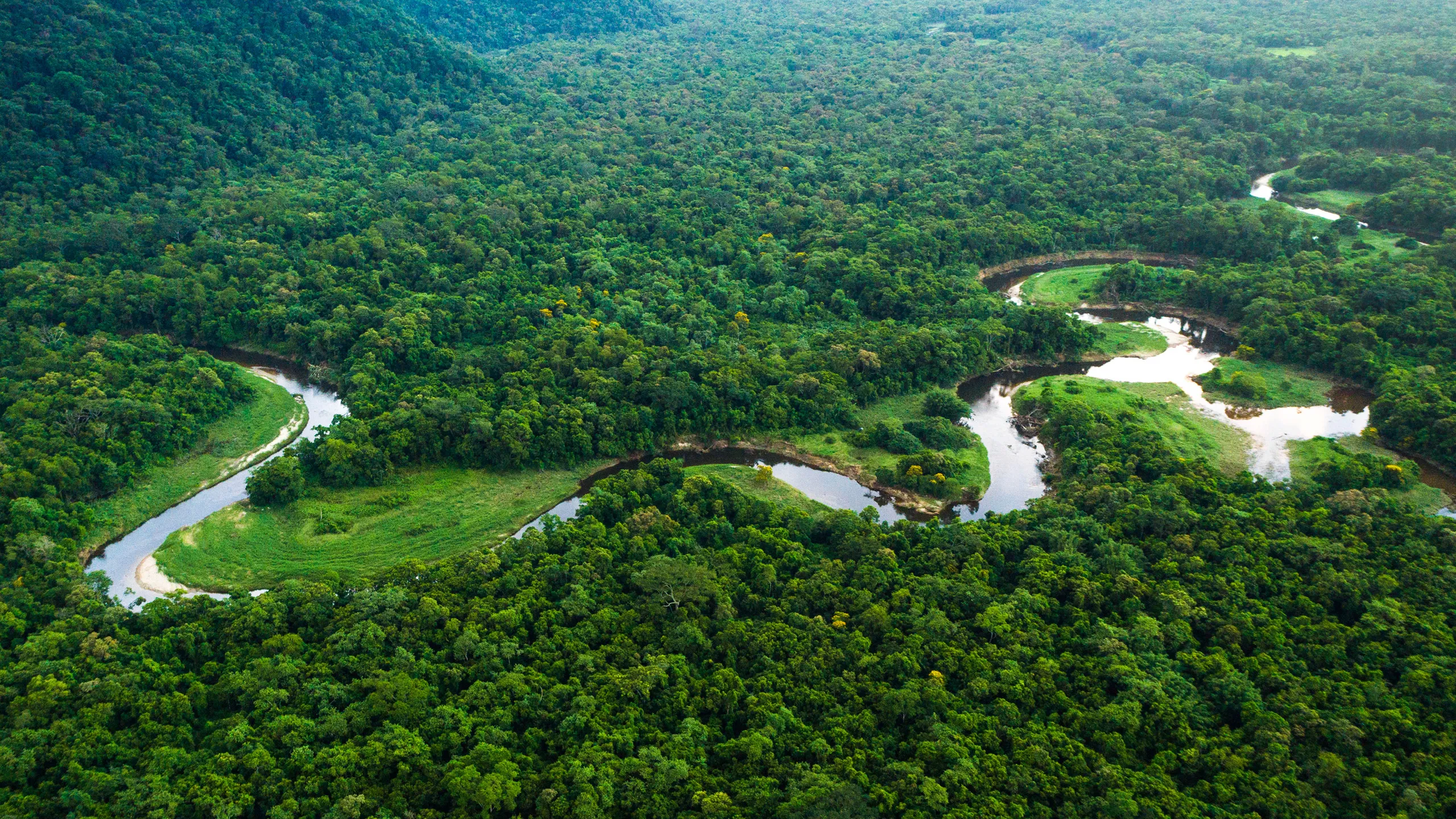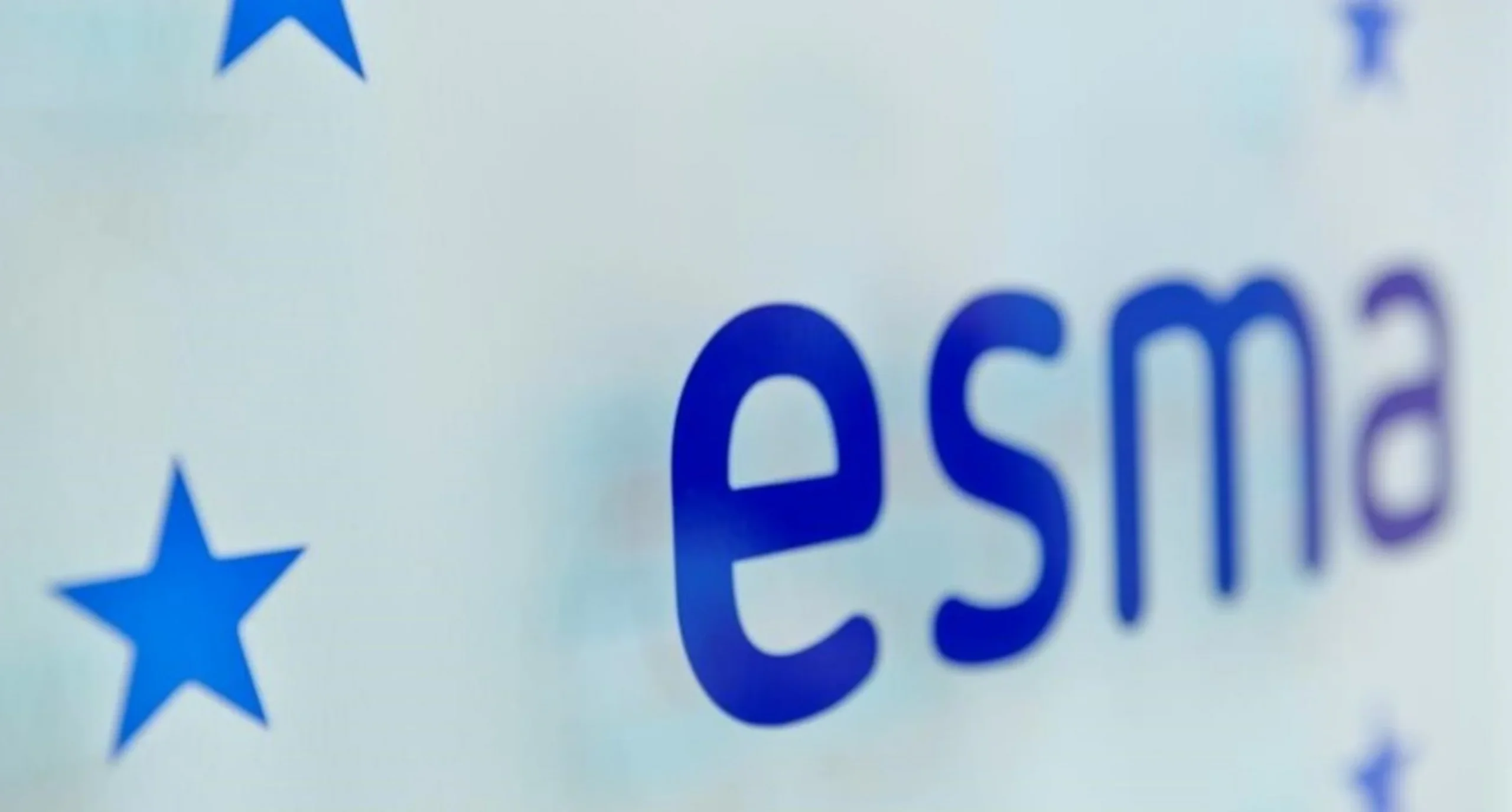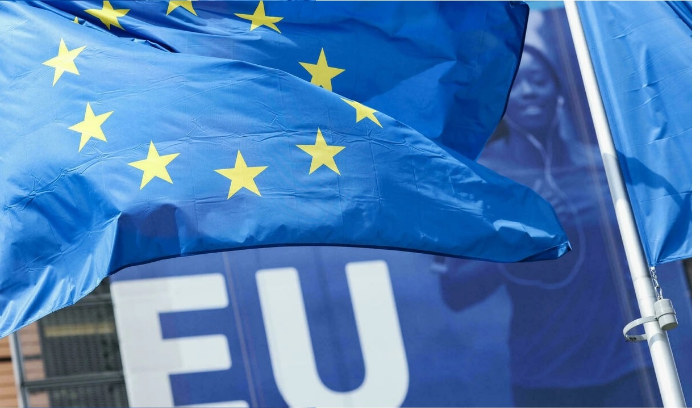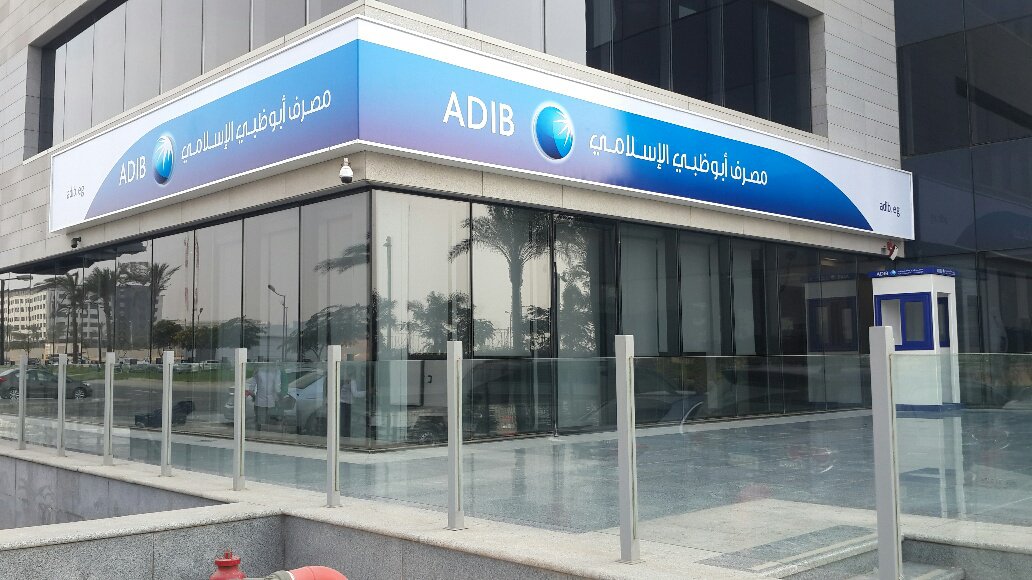FHWA Highlights Actions to Tackle Climate Change with New Programs and Historic Funding Under President Biden’s Bipartisan Infrastructure Law

The U.S. Department of Transportation’s Federal Highway Administration (FHWA) highlighted a variety of actions the agency is taking to protect the environment and combat climate change as part of a suite of announcements to celebrate Earth Day 2022. These include new programs and funding under President Biden’s Bipartisan Infrastructure Law that will lower transportation sector emissions and accelerate the deployment of clean technologies.
See related article: U.S. Department of Transportation Announces $10 Million to Help Minority- and Women-Owned Businesses Compete for Federal Highway Contracts
“Thanks to President Biden’s Bipartisan Infrastructure Law, FHWA can offer states more funding and flexibility to address the climate crisis to benefit future generations,” Deputy Federal Highway Administrator Stephanie Pollack said. “These programs will help communities invest in clean transportation projects, including electric vehicle (EV) charging, transit, and walking and biking infrastructure.”
Leading up to Earth Day 2022—
- FHWA kicked off the week by announcing the Carbon Reduction Program that will provide $6.4 billion in formula funding to states over the next five years under the Bipartisan Infrastructure Law.
- This week FHWA also issued an updated brochure – Federal Funding is Available for Electric Vehicle Charging Infrastructure on the National Highway System – which outlines how to access funding opportunities for charging infrastructure.
- In addition, this week, as part of a Department-wide effort to challenge transportation agencies and others to find innovative ways to reduce transportation sector greenhouse gas emissions, FHWA launched its own highway-specific “climate challenge” on Quantifying Emissions of Sustainable Pavements. This challenge presents a unique opportunity to improve the sustainability of pavement structures and work towards goals for net-zero emissions.
- In partnership with the Federal Transit Administration, a joint Flex Funding Website launched this week to help states utilize flex funding and to increase access to transit in order to encourage public transportation projects that reduce single-occupancy vehicle travel and associated air pollution on congested highways.
Over the past year U.S. DOT has taken a number of steps to work towards the President’s goals of building out a nationwide network of EV chargers and making sure that 50% of new cars sold by 2030 are electric.
- In April 2021, FHWA issued guidance to states clarifying that activities including solar panels and EV charging can be acceptable uses in the right-of-way.
- In December 2021, U.S. DOT joined the U.S. Department of Energy in December in signing a memorandum of understanding to create a Joint Office of Energy and Transportation to support the deployment of a national electric vehicle charging network.
- In February of this year, USDOT issued the Rural EV Toolkit to help rural communities build out electric vehicle charging infrastructure.
- Also in February of this year, President Biden, USDOT and USDOE announced the availability of $5 billion over five years to help states build out a national EV charging network, with funding from the Bipartisan Infrastructure Law.
For more information on FHWA resources, please see the Bipartisan Infrastructure Law website.
Source: US DOT FHWA











